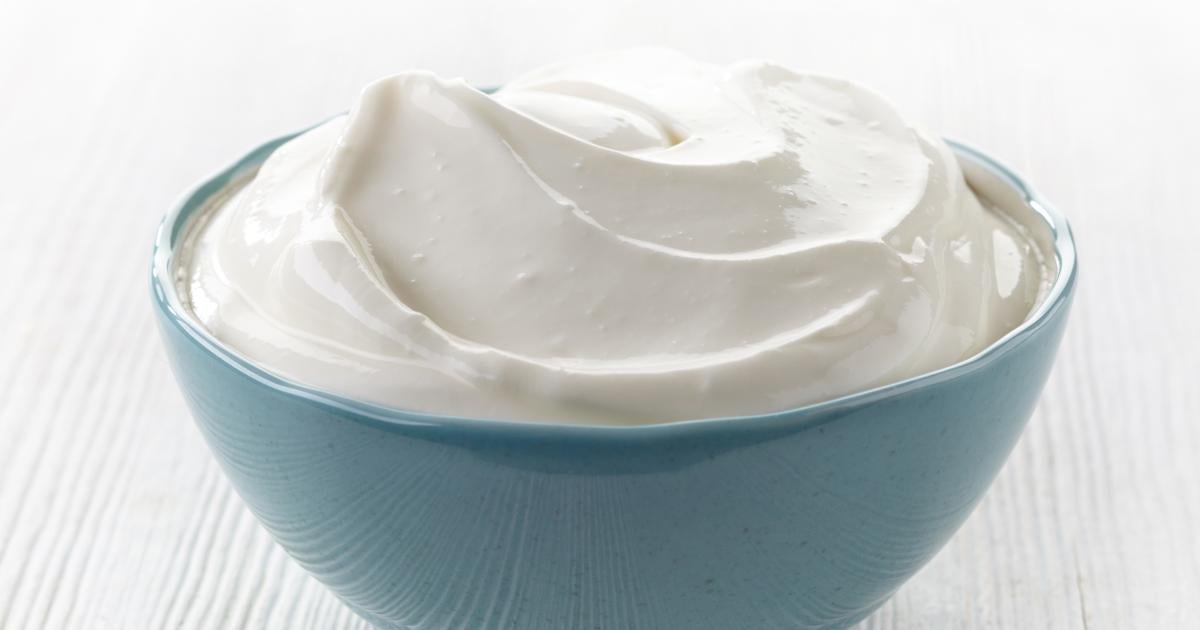
Suggested video What products are in season in January?
Video 1 of 1
Whether you choose it for breakfast, a snack, or even in cooking, cottage cheese remains an interesting option for your health. However, should we favor the classic version or the low-fat version with 0% fat? Ysaline Benakli, dietitian-nutritionist, explains why one of these choices is much more beneficial for our health.
Although these two products appear similar on the surface, they have several major differences, the first being the manufacturing process. Yogurt is a fermented milk product prepared exclusively with two very specific strains of bacteria : the streptococcus thermophilus and the lactobacillus bulgaricus. Its name is regulated; if a product is made with another bacteria (such as bifidus), it cannot be qualified as yogurt, but rather as fermented milk. Moreover, the content of live bacteria must be at least 10 million per gram throughout the life of the product, giving the yogurt particular benefits for the intestinal flora and digestion.
White cheese (which also includes petit-suisses, Faisselle and Skyr) is, as its name suggests, an unripened fresh cheese. It is obtained by coagulation of milk using lactic ferments or rennet. Once curdled, the milk is drained to obtain the cheese or beaten to produce a smooth cheese. With an average of 8g of protein per 100g serving, it constitutes an interesting source of protein. Given these two distinct properties, it is recommended to vary the consumption of these dairy products.
Although 0% white cheese is indeed lower in calories, it does not prove to be the wisest choice from a nutritional point of view. According to Ysaline Benakli, dietitian nutritionist, explaining in a video on her Instagram account, 0% white cheeses are not recommended, because it is in the fat that we find vitamin D, playing an essential role in the good health of our bones and muscles. This vitamin is closely related to calcium, because it is this which allows its absorption by the intestine. “So, by removing fat, we reduce the assimilation of calcium and vitamin D. ” concludes the dietitian. In the classic cottage cheese formula, the quantity of fat is only 3 g for a 100 g portion, which remains really minimal.
Source:https://www.750g.com/plutot-0-ou-3-de-matiere-grasse-voici-les-conseils-d-une-dieteticienne-pour-bien-choisir-son-fromage-blanc-a36243.htm


